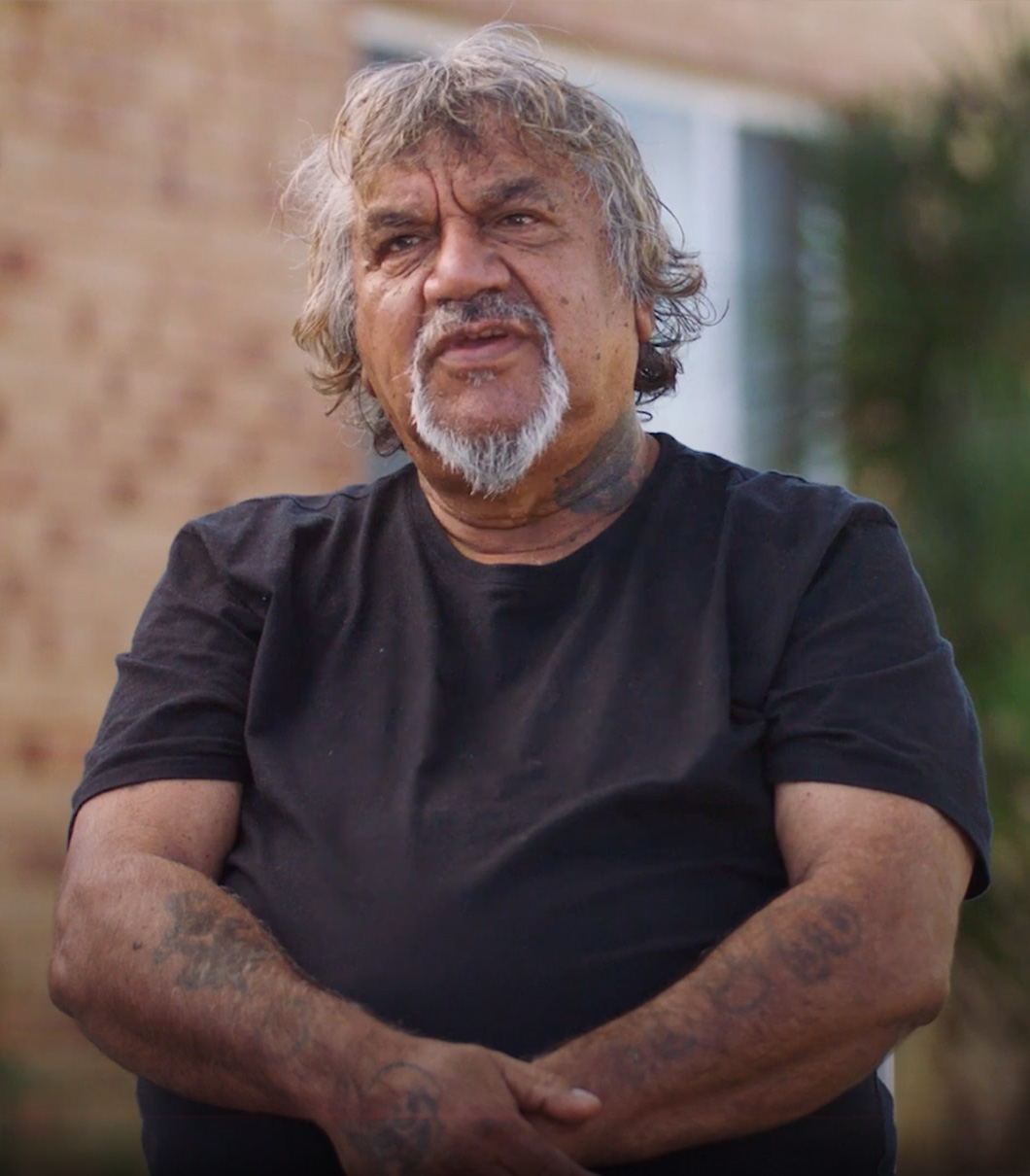Feedback and complaints
Contacting the Scheme to provide feedback
You can provide feedback about the National Redress Scheme in the following ways.
- Telephone 1800 737 377 Monday to Friday 8am to 5pm
- Submit an Online Form(Opens in a new tab/window)
- Mail: National Redress Scheme Feedback, GPO Box 9820, Canberra ACT, 2601
For general enquiries or more information about accessing the Scheme, please call 1800 737 377 and select option 1.
If you wish to enquire about the progress of your application, please call 1800 737 377 and select option 2.
For practical and emotional support, legal advice and financial counselling, you can contact a free Redress Support Service.
Contacting the Scheme about a complaint
You can make a complaint about the National Redress Scheme in the following ways.
- Telephone: 1800 737 377 (call charges may apply)
- Email: Redress complaints
- Submit an Online Form(Opens in a new tab/window)
- Mail: National Redress Scheme Feedback, GPO Box 9820, Canberra ACT, 2601
Please note: Calls made to the 1800 737 377 number may be recorded to assist in the effective management of the complaint as well as for training purposes.











